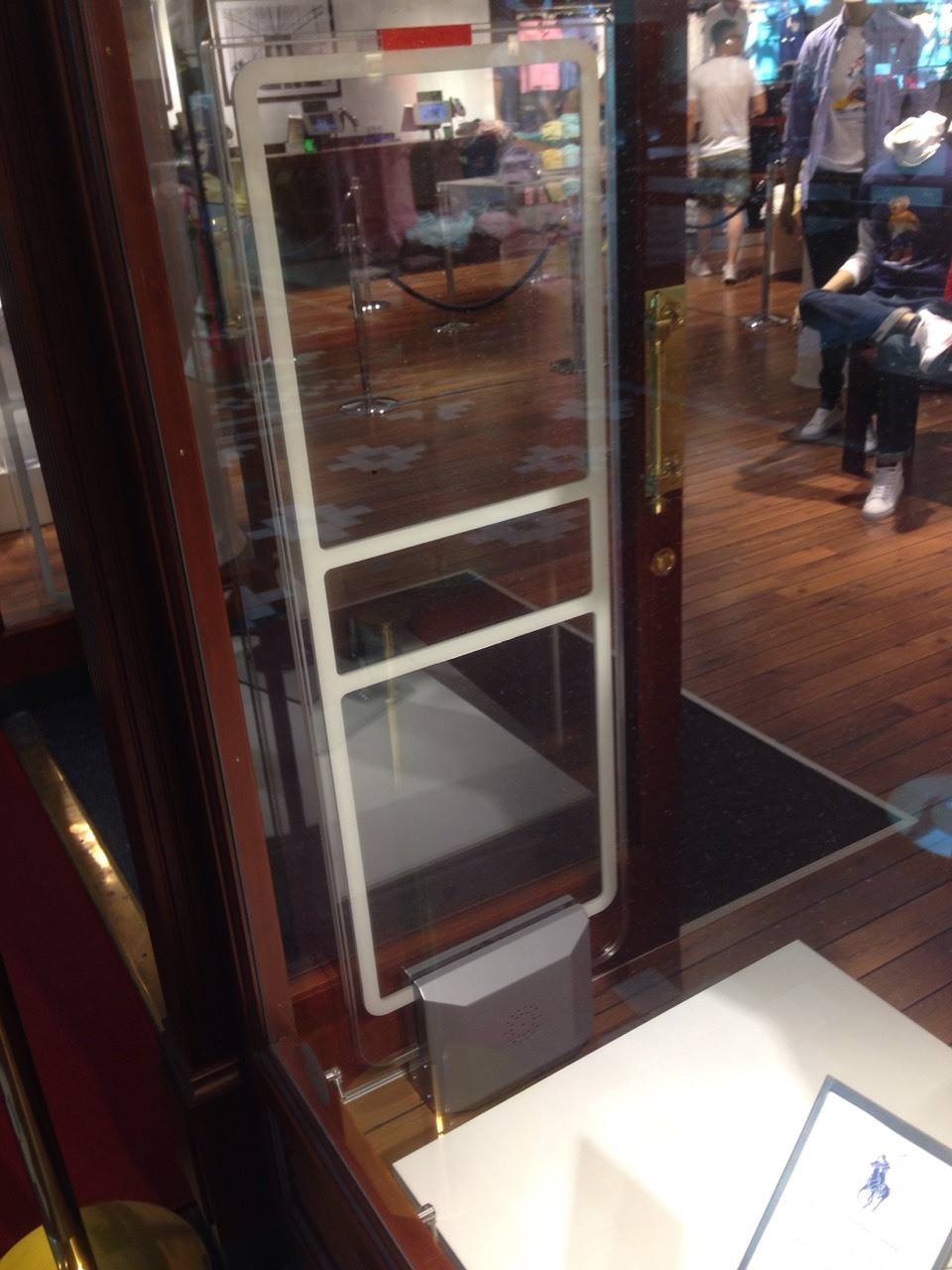Punishments for shoplifting (Illinois)
Under the shoplifting laws in Illinois, theft offenses are categorized based on the value of the stolen property and the circumstances surrounding the theft.
· Class A misdemeanor. Theft of property worth less than $ 500, but the property wasn’t taken from another person. The punishment for this offense: imprisonment for up to 1 year and a fine of not more than $ 2,500. In addition, compensation is paid for losses related to theft.
· Class 3 felony. Theft of property worth less than $ 500 and the property was taken from another person. Punishment for this offense: imprisonment for a period of 2 to 5 years and a fine of not more than $ 2,500. In addition, compensation is paid for losses related to theft.
· Class 2 felony. Theft of property valued between $ 10,000 and $ 100,000. Punishment for this offense: imprisonment for a period of 3 to 7 years and a fine of not more than $ 2,500. In addition, compensation is paid for losses related to theft.
Many retail theft charges are petty and generally qualify as a Class A misdemeanor. An offender can be charged with a felony in one of the following cases:
· Class 3 felony: the value of the stolen goods or services exceeds $ 500
· A second or subsequent offense is committed after a misdemeanor, which makes the case a Class 4 felony.
Civil fines
Under the shoplifting laws in Illinois, the offender also incurs civil fines in addition to criminal liability. The store owner can claim damages in the amount of the full retail value of the item, a fine of $ 100 to $ 1,000, and attorney's fees and legal fees. If the offender is a minor, the parent or guardian may be liable for civil damages in the amount under state parental liability law.
Contact a lawyer
If you've been charged with theft, it's a serious matter. A criminal record can greatly affect your life, so the first step is to contact a lawyer. If the prosecution has a compelling case, an experienced lawyer will try to come to an agreement that minimizes the impact of the case on your future. Many law firms offer free consultations where you can find out exactly about the severity of the theft you are accused of.
How to avoid punishment for shoplifting in Illinois?
Before committing a crime, you should be prepared for it. Many novice shoplifters make the mistake of stealing without some knowledge of anti-theft systems. We live in the 21st century. It's not enough just to go unnoticed. Knowledge of security systems and their types is the minimum that every shoplifter should have.
In addition, professional shoplifters do not save on equipment. Special shoplifting equipment can make the task several times easier. Today, bags made of RF shielding fabric are indistinguishable from ordinary accessories. Metal detectors cannot see them. For those who go further, there are jammers. The best investment would be to purchase a 2 in 1 jammer eas-amrf-jammer. This device will jam both AM and RF systems. The jammer is disguised as a charger and cannot raise any suspicion from the security service.

